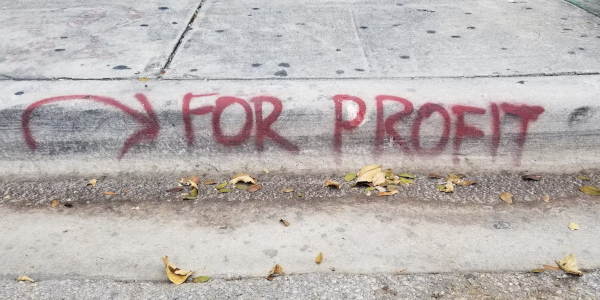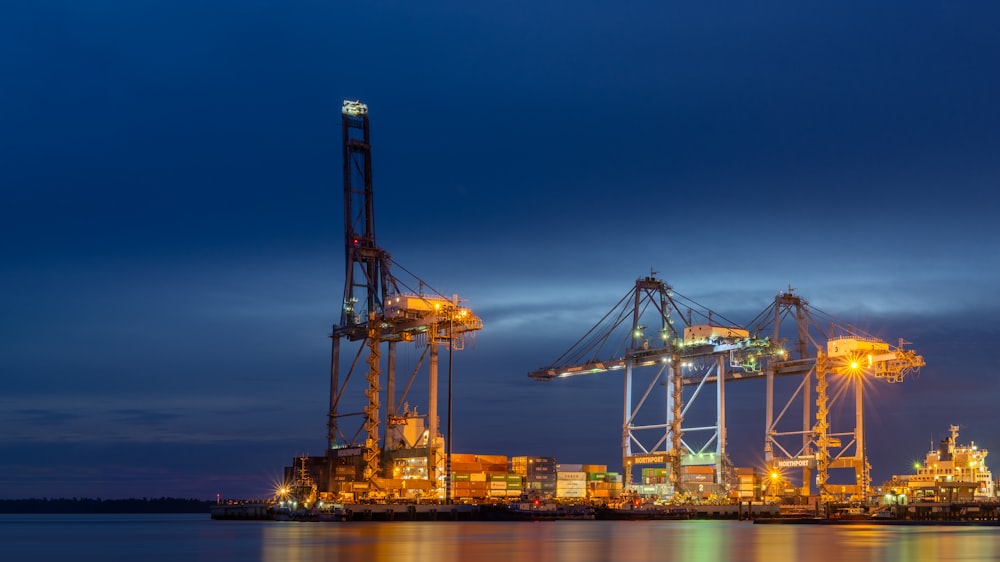“A system is corrupt when it is strictly profit-driven, not driven to serve the best interests of its people.”
– Suzy Kassem
(This blog post previously appeared in ROSE Magazine.)

Scotland is one of the most foreign-owned countries in the developed world and the consequence of this is the loss of more than £10 billion pounds every year mostly as a result of shareholder dividends and other forms of profit extraction.
This is the conclusion of my latest policy paper for Common Weal titled Profit Extraction: How foreign ownership drains Scotland’s wealth and is based on recently updated data from the Scottish Government as well as data from the World Bank.





 (Image Source:
(Image Source: 

